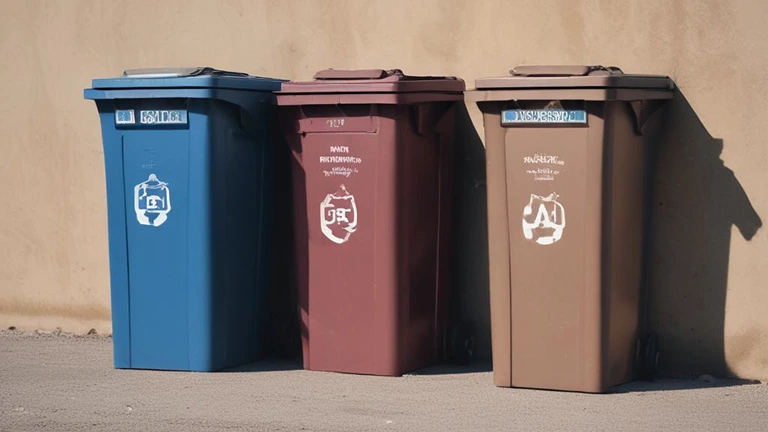Waste management is a critical aspect of environmental conservation and public health. It involves the collection, transportation, processing, recycling, or disposal of waste materials. Effective waste management helps reduce the impact of waste on human health, wildlife, and the environment.

Reducing Waste
- 1.Source Reduction:
Design of Goods: Motivate producers to create items that come with the least amount of packaging and have a greater lifespan. This involves selecting materials that are sturdy and can be easily recycled.
Eco-friendly Packaging: Promote the use of biodegradable or recyclable packaging materials. For:Example, using paper or plant-based plastics instead of traditional plastics.
Promoting Bulk Buying: Motivate shoppers to purchase larger quantities to minimize the amount of packaging waste.This can be facilitated by providing bulk sections in grocery stores. - 2.Consumer Awareness:
Educational Campaigns: Launch campaigns to educate the public about the importance of waste reduction and how they can contribute. This may encompass training sessions, online campaigns on social media, and educational initiatives in schools.
Incentives: Provide incentives for consumers to reduce waste, such as discounts for using reusable bags or containers.
3.Legislation:
Plastic Bans: Implement bans on single-use plastics, such as plastic bags, straws, and cutlery. Many cities and countries have already adopted such measures.
Establish and implement waste reduction objectives at the municipal, regional, and national tiers.
Reusing Waste
1.Upcycling:
Creative Reuse: Encourage the transformation of waste materials into new, useful products. An illustration of this concept is the conversion of used tires into surfaces for playgrounds or the repurposing of glass bottles as construction materials.
DIY Projects: Promote do-it-yourself (DIY) projects that involve repurposing waste materials. This can be done through workshops, online tutorials, and community events.
Recycling Waste:
1.Curbside Recycling Programs:
Convenient Collection: Provide convenient recycling collection services for households, including separate bins for different types of recyclables (e.g., paper, plastics, metals).
Public Awareness: Educate the public on what can and cannot be recycled to reduce contamination in recycling streams.
2.Industrial Recycling:
Material Recovery Facilities: Invest in facilities that can sort and process recyclable materials from industrial waste streams.
Recycling Incentives: Provide incentives for industries to recycle materials like metals, plastics, and paper. This can include tax breaks or grants for companies that implement recycling programs.
3.Composting:
Home Composting: Encourage households to compost organic waste, such as food scraps and yard waste. Provide resources and workshops on how to start and maintain a compost bin.
conclusion
waste management is essential for a sustainable future. By adopting a comprehensive approach that includes reducing waste production, increasing recycling and composting, and improving waste treatment and disposal methods, societies can minimize environmental impacts, conserve resources, and enhance public health.